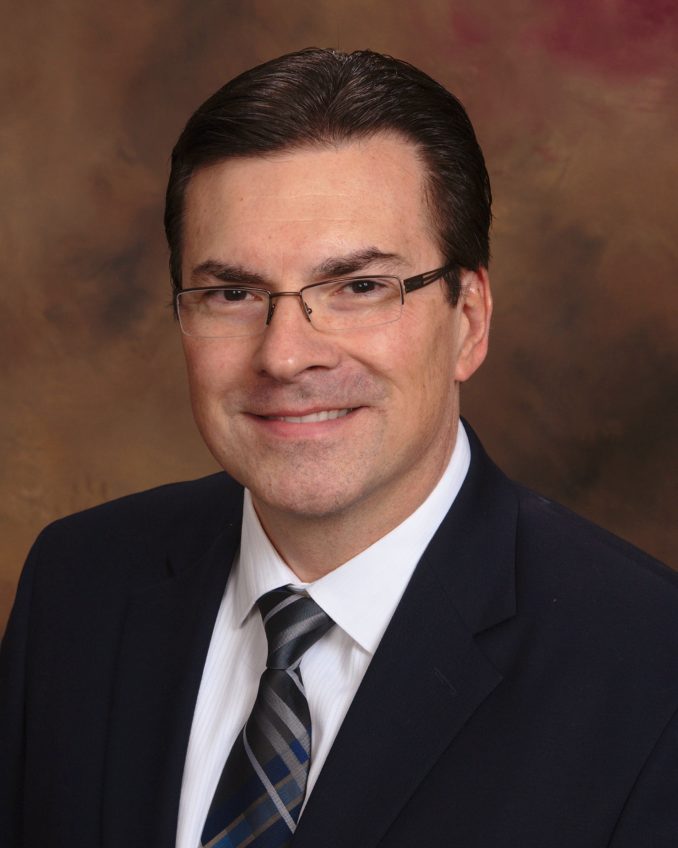
Some of the more challenging elements of the Emergency Preparedness Requirements for Medicare and Medicaid Participating Providers and Suppliers pertain to the development of a process for “Cooperation and Collaboration” as defined in E-0009. It is a specific requirement to participate in a full-scale, community-based drill on an annual basis (E-0039).
A Long Term Care Emergency Preparedness Checklist has been developed so providers and suppliers can review and implement these comprehensive requirements. Logistical matters including timing, geographic locations and accessibility to groups or organizations like health care coalitions often make it difficult for some providers to meet these requirements.
One group of skilled nursing facilities in the Chicago-area decided to take matters into their own hands. They joined together to develop a program to help meet select CMS requirements as well as satisfy some of the Emergency Management Standards of The Joint Commission (TJC).
Holy Family Villa is a 129-bed, CMS-certified and TJC accredited skilled nursing and rehabilitation facility in Palos Park, Illinois (southwest suburban Chicago) operated by The Catholic Charities of the Archdiocese of Chicago.
HFV’s longtime administrator, Roberta “Bobbi” Magurany has placed considerable focus on emergency preparedness for many decades as her facility survived two tornadoes in the immediate area and other minor incidents through the years. Long before CMS mandates and TJC requirements, Magurany’s personal and organizational mission has always been to provide a safe and prepared environment of care for the residents that her team humbly serves. To help demonstrate this commitment, Magurany hired Jack Nagle, a well-qualified, retired fire chief from the Chicago-area in 2014 to lead her facility’s Emergency Preparedness Program.
As Nagle tirelessly worked his way through the CMS Emergency Preparedness requirements and TJC Emergency Management Standards, he found that aligning facility schedules including survey cycles as well as access to community-based drills was not an easy task. Due to the geographic location of Holy Family Villa, in a beautifully wooded area of Chicago’s southwest suburbs, Nagle and the team at HFV explored the idea of developing and implementing their own full-scale, community based exercise.
Not only would this grassroots initiative partially meet the requirement of E-0039, but it would also help promote compliance with E-0009 requiring a process for cooperation and collaboration with other stakeholders in the community.
In all, five local nursing homes in the immediate area joined forces in May of 2017 under Nagle’s leadership to form a work group to discuss the creation of a full-scale, community-based exercise. Without making the first exercise too complicated, a formal plan was developed. The community-based exercise was successfully completed on November 1, 2017 in advance of the inaugural, CMS EP enforcement date of November 15, 2017. In the first full-scale exercise, HFV was the “stricken” facility and the other providers were the receivers in a simulated scenario requiring evacuation.
The group’s 2017 successful efforts provided great momentum and a second annual, full-scale community-based exercise was planned, coordinated and implemented in October 2018 with one of the other participating facilities acting as the stricken facility. A third annual exercise is scheduled for June 2019. All regulatory bodies and accrediting agencies have deemed these exercises as compliant with applicable rules and standards.
Holy Family Villa has had two deficiency-free Emergency Preparedness surveys since enforcement began in 2017 and has met all TJC Emergency Management Standards.
Presently, the group has grown to eight providers with four additional facilities considering participation with some of the new LTC facilities outside of the immediate area. Based on the group’s success, it appears that organic growth is in its future.
“Networking with other facilities produced many advantages including the development of new relationships and formal agreements between providers along with the sharing of Emergency Operations Plans,” according to Nagle.
The efforts that Holy Family Villa initiated along with a great cooperative spirit between facilities (who are essentially competitors) should not be under-valued. This type of cooperation and collaboration is exactly what regulators and accrediting agencies are looking for.
Stan Szpytek is the president of consulting firm Fire and Life Safety, Inc., in Mesa, AZ, and is the Life Safety/Disaster Planning Consultant for the Arizona Health Care Association and California Association of Health Facilities. Szpytek is a former deputy fire chief and fire marshal with more than 40 years of experience in life safety compliance and emergency preparedness.





